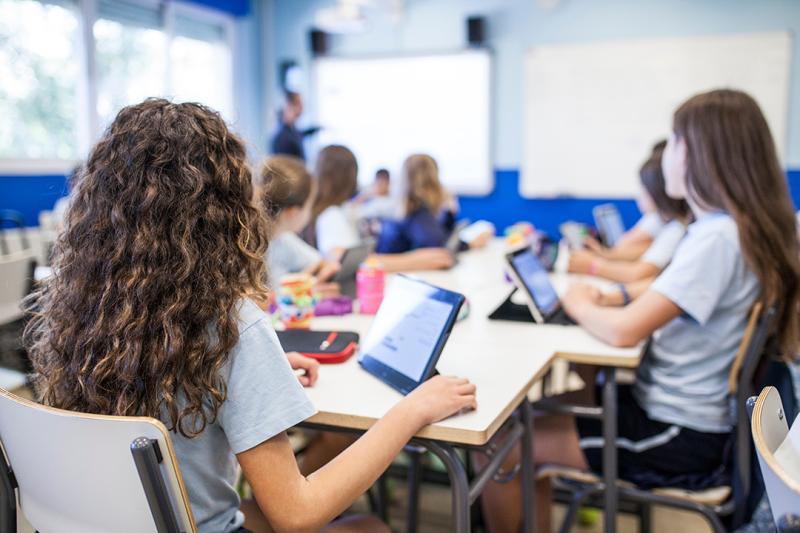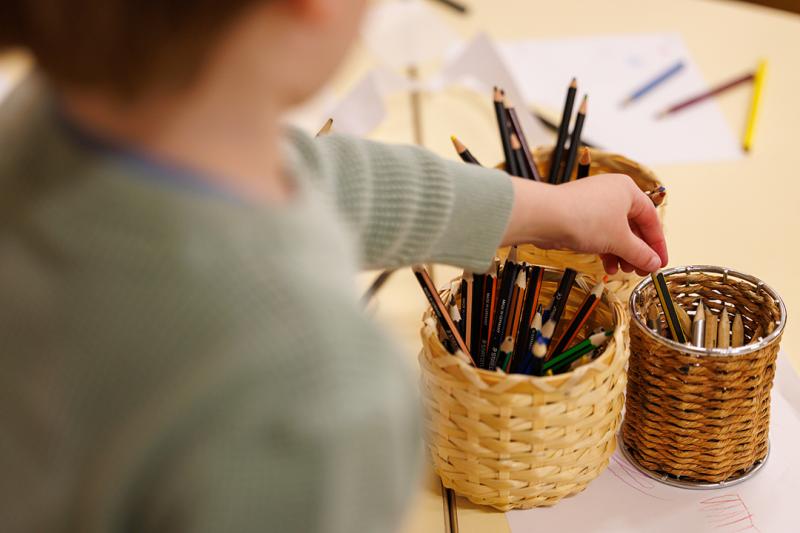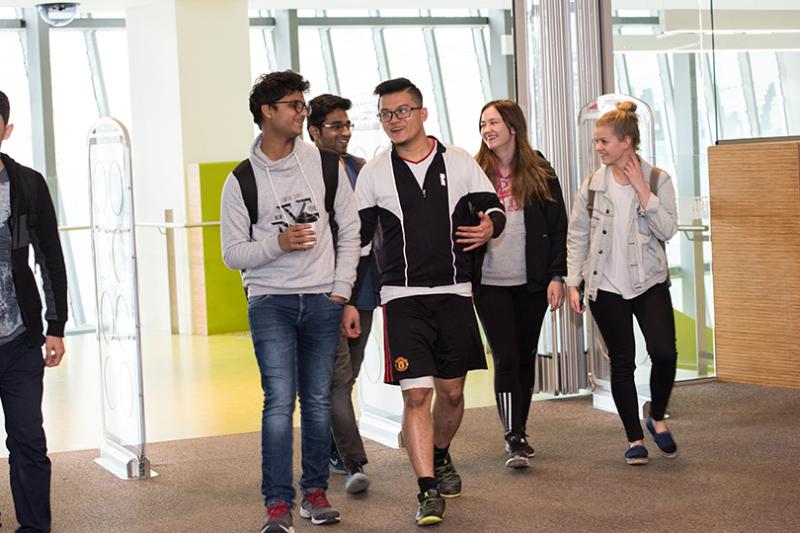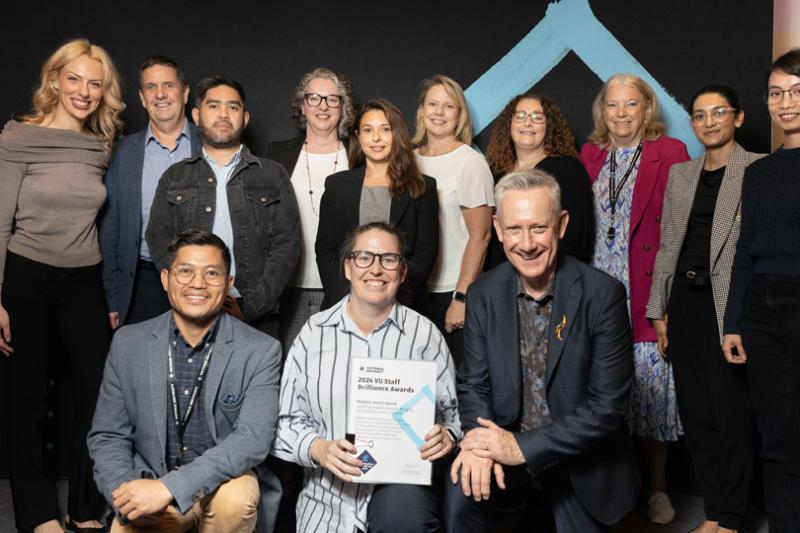Our new Deputy Vice-Chancellor Research, Corinne Reid
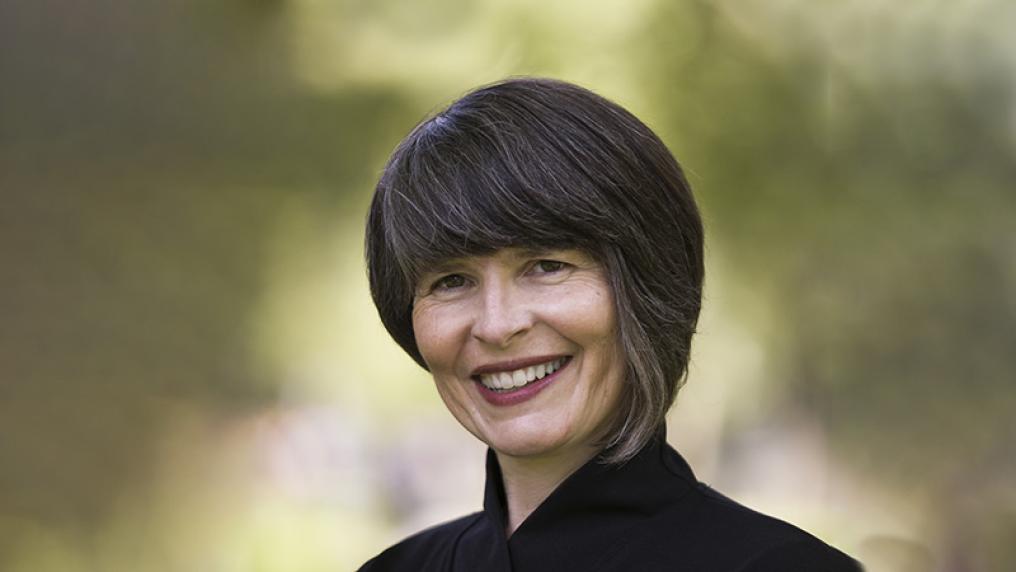
Deputy Vice-Chancellor Research Corinne Reid joined Victoria University from Edinburgh University at the end of September this year. She brings with her a wealth of research experience in neurodevelopment, as well as clinical expertise as a psychologist working with Olympic sporting teams.
Corinne began her career in Western Australia. Her research into development in children took her to rural and remote communities across the country, and led to her co-founding the Project KIDS neurodevelopmental research program.
“Our team looks at what grows healthy and strong brains for children and the impact that serious illness, trauma, preterm birth and disadvantage can have on life trajectories,” she said. “It wasn’t long after we started that I realised we needed to work in close partnership with families and communities to better understand the complexities that can create an unequal start in life and to understand where to look for solutions.”
Outside of university life, Corinne is also a leading sport practitioner. As a clinical psychologist she has worked with elite athletes, coaches and national sporting teams in Australia and overseas. This includes helping the English men’s rugby team work towards World Cup success in Tokyo, the Australian men’s hockey team work towards their gold medal at the World Cup and the Australian women’s hockey team work towards their consecutive gold medals in the Atlanta and Sydney Olympics.
“My interest in human endurance and in flourishing in tough circumstances drew me to the psychology of elite sport,” she says. “Olympic sport is about being ‘all in’ despite knowing that most people will not make it to the gold medal podium.”
Since starting at VU, Corinne has noticed our researchers’ commitment to working with the community, the emphasis on place-based work and making sure our research is meaningful and impactful.
“Making sure our research is heavily anchored in the place and context in which it is undertaken is something that matters enormously to me,” she said. “It is also important that we help to connect communities around the world in sharing solutions and problem-solving complex challenges. Finding local solutions to global problems is a key part of the planetary health initiative – I hope to draw together some of the excellent research being undertaken at VU to support this global movement toward improving how we engage with our planet, to improve the health and wellbeing of our communities.”
